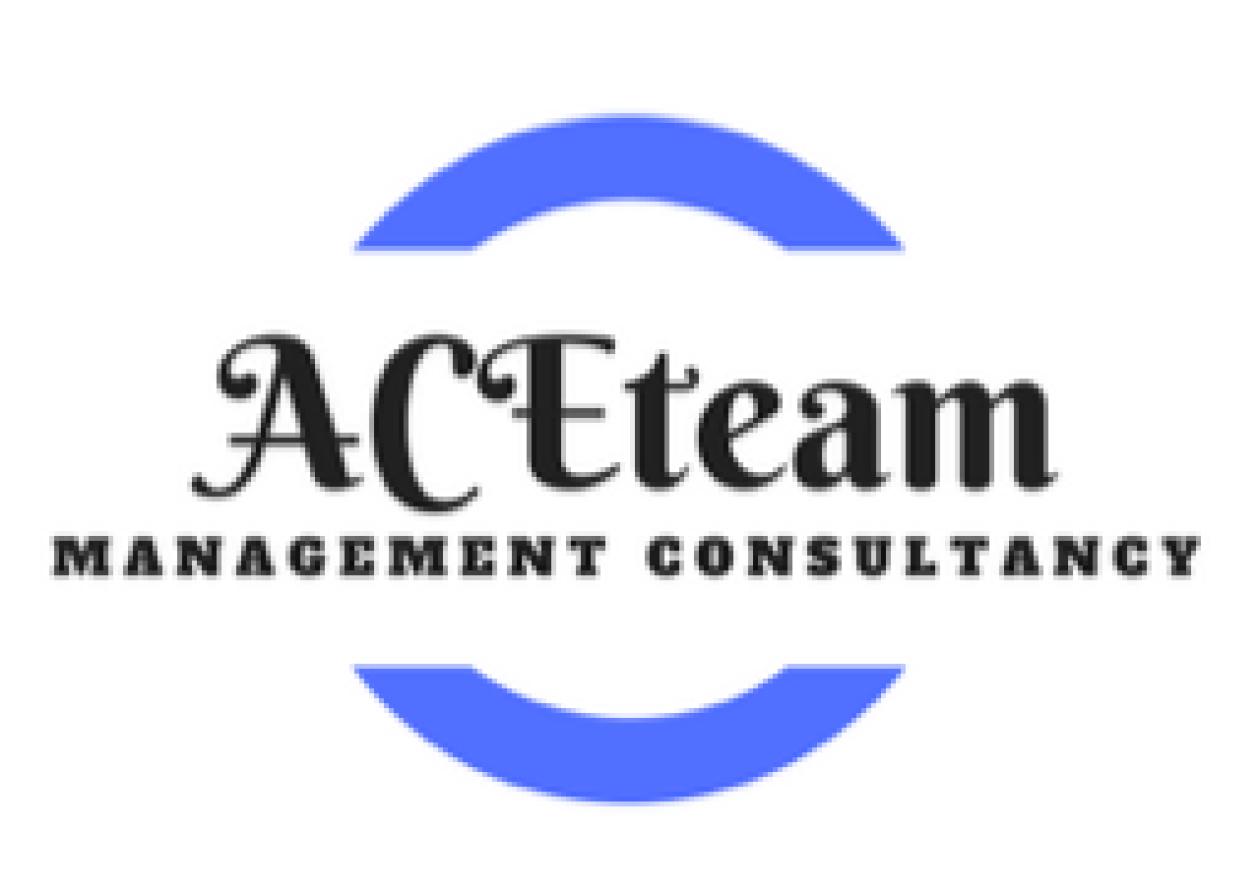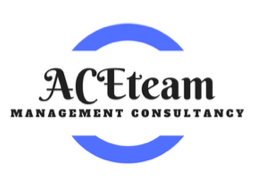ISO 26000 is an international standard developed by the International Organization for Standardization (ISO) that provides guidance on social responsibility. Released in 2010, ISO 26000 offers a framework for organizations to understand and integrate social responsibility into their operations and interactions with stakeholders. It addresses a broad range of social issues, including human rights, labor practices, environmental sustainability, fair operating practices, consumer issues, and community involvement. The standard serves as a valuable tool for businesses, governments, and other organizations seeking to align their operations with ethical and socially responsible practices, fostering sustainability and positive contributions to society.
SA8000 is a globally recognized social accountability standard that establishes a framework for ethical and socially responsible business practices. Developed by Social Accountability International (SAI), SA8000 focuses on promoting fair labor practices by addressing issues such as child labor, forced labor, discrimination, and workplace conditions. It sets out specific criteria for organizations to meet, encompassing elements such as working hours, compensation, health and safety, and the right to collective bargaining. Companies that achieve SA8000 certification demonstrate their commitment to upholding human rights and ethical treatment of workers throughout the supply chain, fostering a socially responsible and sustainable approach to business.
How can Aceteam Management Consultancy help you and your organization?
Conduct a thorough analysis of the company’s current practices and policies to identify gaps between existing processes and the requirements of SA8000 or ISO 26000.
Help the company understand and comply with relevant local, national, and international regulations related to social responsibility and ethical business conduct.
Develop a tailored implementation plan based on the specific needs and context of the company, taking into consideration its size, industry, and existing policies.
Provide training sessions to employees at all levels to raise awareness about the standards, their importance, and the expected changes in organizational practices.
Assist in the development and refinement of social responsibility policies that align with SA8000 or ISO 26000 requirements. Ensure that these policies are integrated into the company’s overall business strategy.
Facilitate communication and engagement with stakeholders, including employees, suppliers, customers, and the local community. This includes establishing mechanisms for feedback and addressing concerns.
Help establish proper documentation and record-keeping systems to demonstrate compliance with the standards. This includes creating processes for regular audits and reviews.
Conduct internal audits to assess the company’s ongoing compliance and identify areas for improvement. This helps in maintaining the standards and making continuous enhancements.
Assist in extending the principles of social responsibility to the supply chain by working with suppliers to ensure they also meet the required standards.
Develop key performance indicators (KPIs) and reporting mechanisms to measure the company’s performance against SA8000 or ISO 26000. This helps in demonstrating progress and accountability.
Work with the company to establish a culture of continuous improvement, where lessons learned from audits and feedback are used to enhance social responsibility practices.
If the company chooses to seek certification, the consultant can provide guidance on the certification process, including preparation for external audits.



